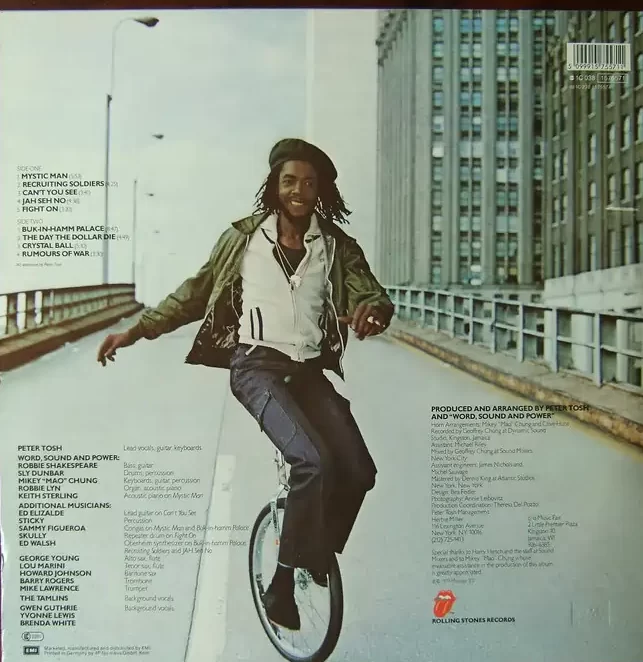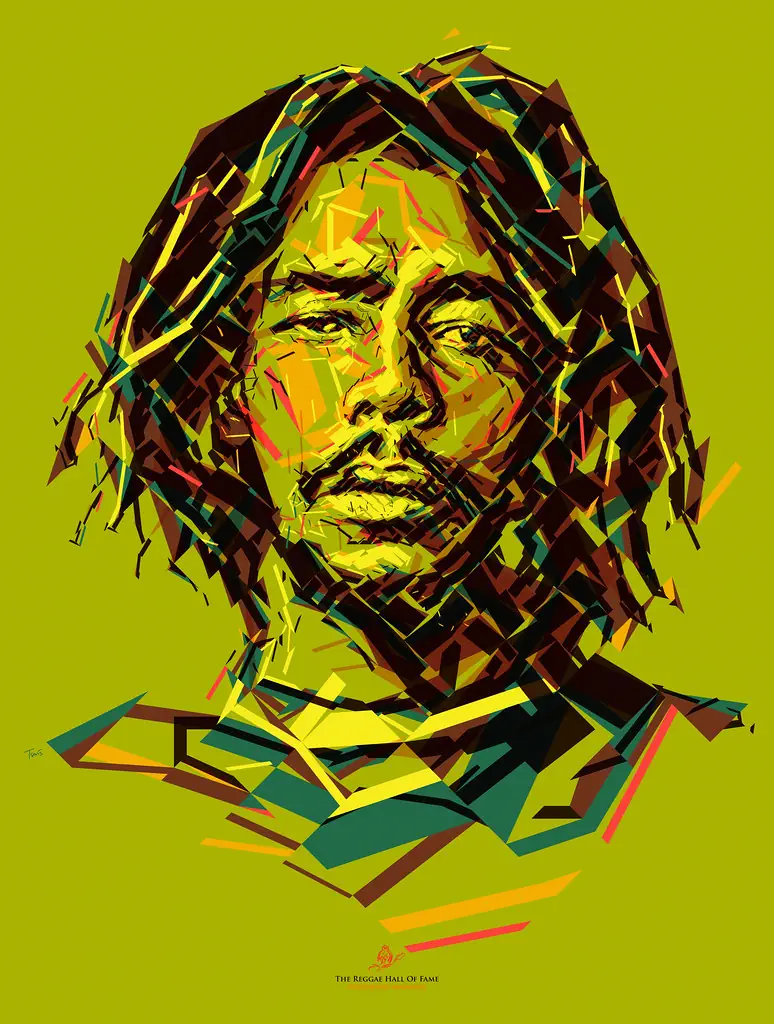Peter Tosh, the firebrand member of The Wailers and a solo reggae artist of immense influence, was tragically cut down in his prime on September 11, 1987. The events of that night continue to resonate with fans and reggae aficionados alike.
A Brutal Attack in Kingston
Tosh was shot and killed at his home on Barbican Road in Kingston, Jamaica. The details surrounding the murder remain hazy, but witness testimonies paint a grim picture. Tosh, known for his generosity, had recently allowed Emile Lobban, a man recently released from prison, to stay at his residence. Lobban, along with two other unidentified assailants, allegedly entered the house around 7:30 pm. Marlene Brown, Tosh’s common-law wife, recounted that they were enjoying a peaceful evening watching television with friends when Lobban and the gunmen burst in. The intruders ordered everyone to lie on the ground and then opened fire.
Chaos and Loss

The attack was swift and brutal. Tosh, Jeff Dixon (a broadcaster visiting Tosh), and Wilton Brown (a musician) were all shot and killed instantly. Marlene Brown was shot in the head but miraculously survived. According to her testimony, as the gunmen were leaving, one noticed she was still alive and considered shooting her again. Thankfully, Lobban intervened and ordered them to leave.
A Trial Marked by Controversy
Emile Lobban, also known as “Leppo,” was apprehended and stood trial for the murders in April 1988. The trial was a tense affair, marked by controversy. One of the alleged accomplices, Steve Russell, was acquitted after his lawyer successfully argued there was no case against him. Lobban, however, maintained his innocence throughout the proceedings. He claimed he wasn’t present during the killings and offered an alibi. He even cast suspicion on Marlene Brown and another witness, Michael Robinson, suggesting they held grudges against him and were providing false testimony.
Despite Lobban’s defense, the prosecution presented a compelling case. Marlene Brown’s harrowing account of the attack and the identification of Lobban by other survivors were crucial pieces of evidence. In June 1988, Emile Lobban was found guilty on all three counts of murder and sentenced to life in prison. He appealed the verdict, but his conviction was upheld in 1990.
More Than Just a Musician: A Voice for Justice
Tosh was more than just a musician; he was a powerful voice for social justice. His Rastafarian beliefs fueled his lyrics, which tackled themes of political corruption, inequality, and Pan-Africanism. Songs like “Equal Rights” and “Get Up, Stand Up” became anthems for those yearning for a more just world.
Video of the Week
A Legacy that Endures
Though his life was cut short, Peter Tosh’s legacy lives on. His music continues to inspire generations of reggae fans and activists. The outspoken nature of his music, coupled with his commitment to social change, ensures his place among reggae’s most important figures.
Unanswered Questions Linger
While Emile Lobban was convicted, the true motive behind the attack remains a matter of speculation. Robbery may have been a factor, but some believe Tosh’s activism might have played a role.
Remembering the Stepping Razor
Peter Tosh, nicknamed the “Stepping Razor” for his sharp wit and uncompromising lyrics, left an undeniable mark on the world. Remembering the night of his passing serves as a stark reminder of the loss the music industry suffered and the ongoing fight for justice that Tosh so passionately advocated for.



